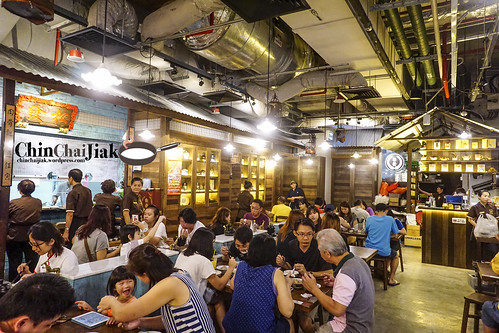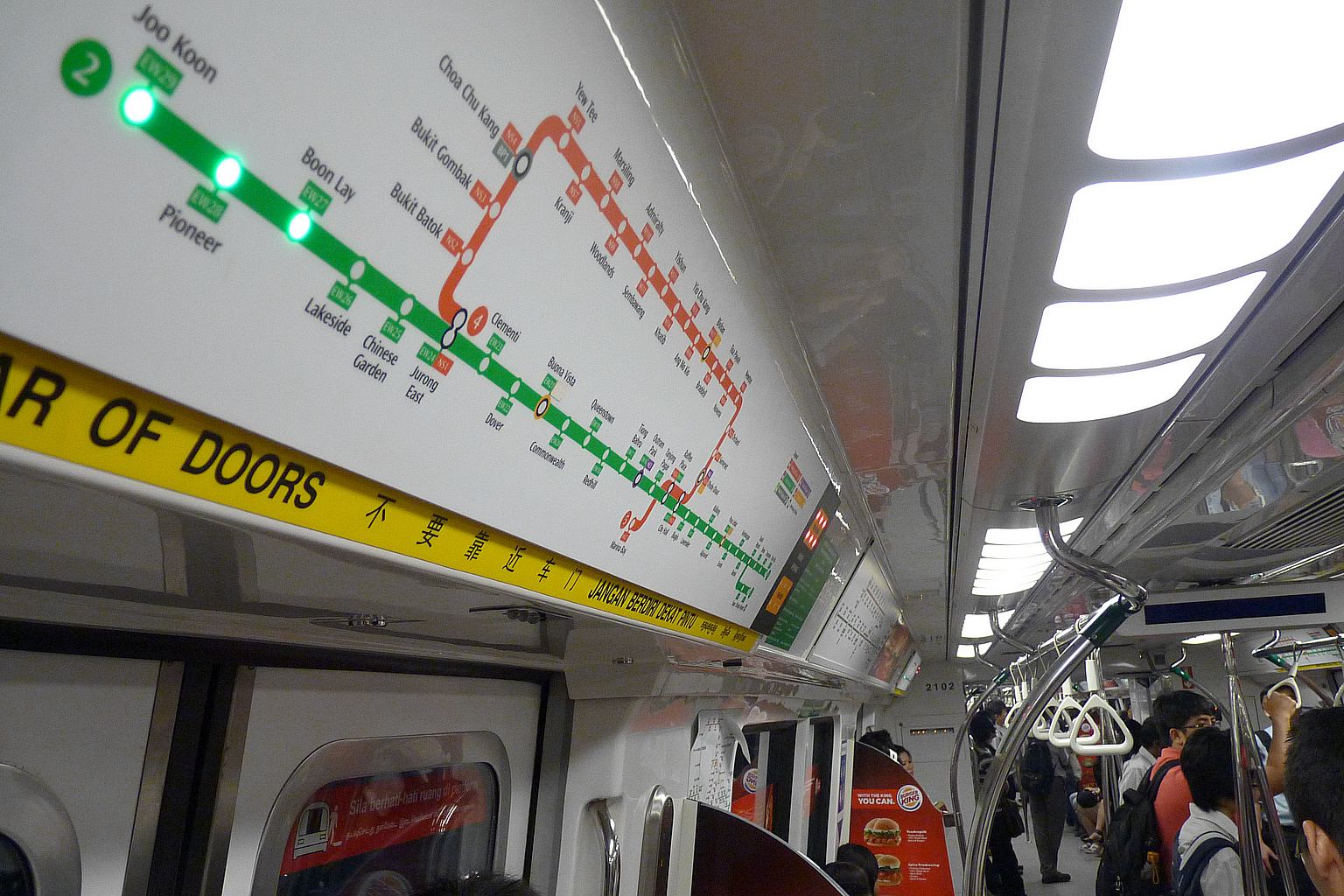Current Political Ideology
The current dominant political thinking in Singapore is an economy-centred ideology. This ideology is based on the government's "Singapore Inc." model which places economic interests at the heart of government policy-making. The result is the Singapore that we have created today. A country that has achieved economic success at high social costs with over-population, intense competition for jobs, housing and transport, runaway costs of living, stressful lifestyle and a severe income gap.
National policies which place the economy at their core without counting the social costs can only make the rich richer and will never lead the ordinary citizens to attain the first goal of our national pledge - happiness. Our experience in the last 25 years tells us what we need to know. The way forward in the next 25 years depends on a change of mindset. We need to build a people and not just an economy. In order to do that, national policies must be centred on the people’s welfare and aspirations. Lest it be mistaken, we are not talking about welfarism. We are talking about not building an economy at the expense of the people’s welfare and nation-building.
People-Centred Political Ideology
National policies which place the economy at their core without counting the social costs can only make the rich richer and will never lead the ordinary citizens to attain the first goal of our national pledge - happiness. Our experience in the last 25 years tells us what we need to know. The way forward in the next 25 years depends on a change of mindset. We need to build a people and not just an economy. In order to do that, national policies must be centred on the people’s welfare and aspirations. Lest it be mistaken, we are not talking about welfarism. We are talking about not building an economy at the expense of the people’s welfare and nation-building.
People-Centred Political Ideology
Politics is about people. People-centred political ideology (“Peolitics”) is premised on the principle that the people’s welfare and aspirations are paramount in national policies. In order for the leaders and their people to achieve unity of purpose, the Peolitics model emphasizes the importance of a Sensitive and Responsive Leadership and a People with a Political Conscience and Responsibility.
Leadership
Leadership
Leaders must deploy their five (5) senses to understand the needs and wants of the people. A good leader must be adept at all the following:
1. See what’s been happening;
2. Listen to the noises in the voices;
3. Sniff out the real problems;
4. Taste the lives of ordinary folks; and
5. Touch base with the ground always;
People
Just as the leadership has political responsibilities, the people must also do their part to help create a positive political culture. The people must motivate their leaders to do their best to meet their needs and wants by behaving:
1. Rationally;
2. Reasonably; and
3. Responsibly.
Political Conscience and Responsibility
Every decent human being has a conscience. This arises from one’s ingrained sense of values. We feel a sense of guilt when we do something that runs contrary to such values. Hence, Political Conscience refers to the national values that are ingrained in our people. These national values are encapsulated in our pledge:
"We, the people of Singapore, pledge ourselves as one united people, regardless of race, language or religion, to build a democratic society, based on justice and equality, so as to achieve happiness, prosperity and progress for our nation.”
The Political Responsibility of the people is premised on their Political Conscience. The values that we pledge shall guide the people in the discharge of their political responsibility. This responsibility is particularly important for democracy to succeed. It has often been said that democracy is the rule of the majority and the minority may feel threatened by the “tyranny of the majority”. This scenario may be pre-empted if all people in a democracy are guided by their political conscience to discharge their political responsibility in a manner that does not betray their national values as one people. Only then can we achieve a positive political culture.
"We, the people of Singapore, pledge ourselves as one united people, regardless of race, language or religion, to build a democratic society, based on justice and equality, so as to achieve happiness, prosperity and progress for our nation.”
The Political Responsibility of the people is premised on their Political Conscience. The values that we pledge shall guide the people in the discharge of their political responsibility. This responsibility is particularly important for democracy to succeed. It has often been said that democracy is the rule of the majority and the minority may feel threatened by the “tyranny of the majority”. This scenario may be pre-empted if all people in a democracy are guided by their political conscience to discharge their political responsibility in a manner that does not betray their national values as one people. Only then can we achieve a positive political culture.
Positive Political Culture
Politics in Singapore is becoming radicalized as we witness more and more social agencies being used for political ends and grassroots leaders engaging in partisan politics. Such a development is unhealthy and will lead to repugnance for politics and politicians. The social contract between the state and the people has to be premised on a relationship of trust and respect. In order to sustain that relationship, it is important to build a political culture that not only encourages people to engage constructively in political discourse without fear of victimization but further motivates those with the necessary talents that we need to spontaneously offer their services to the people and the nation.












